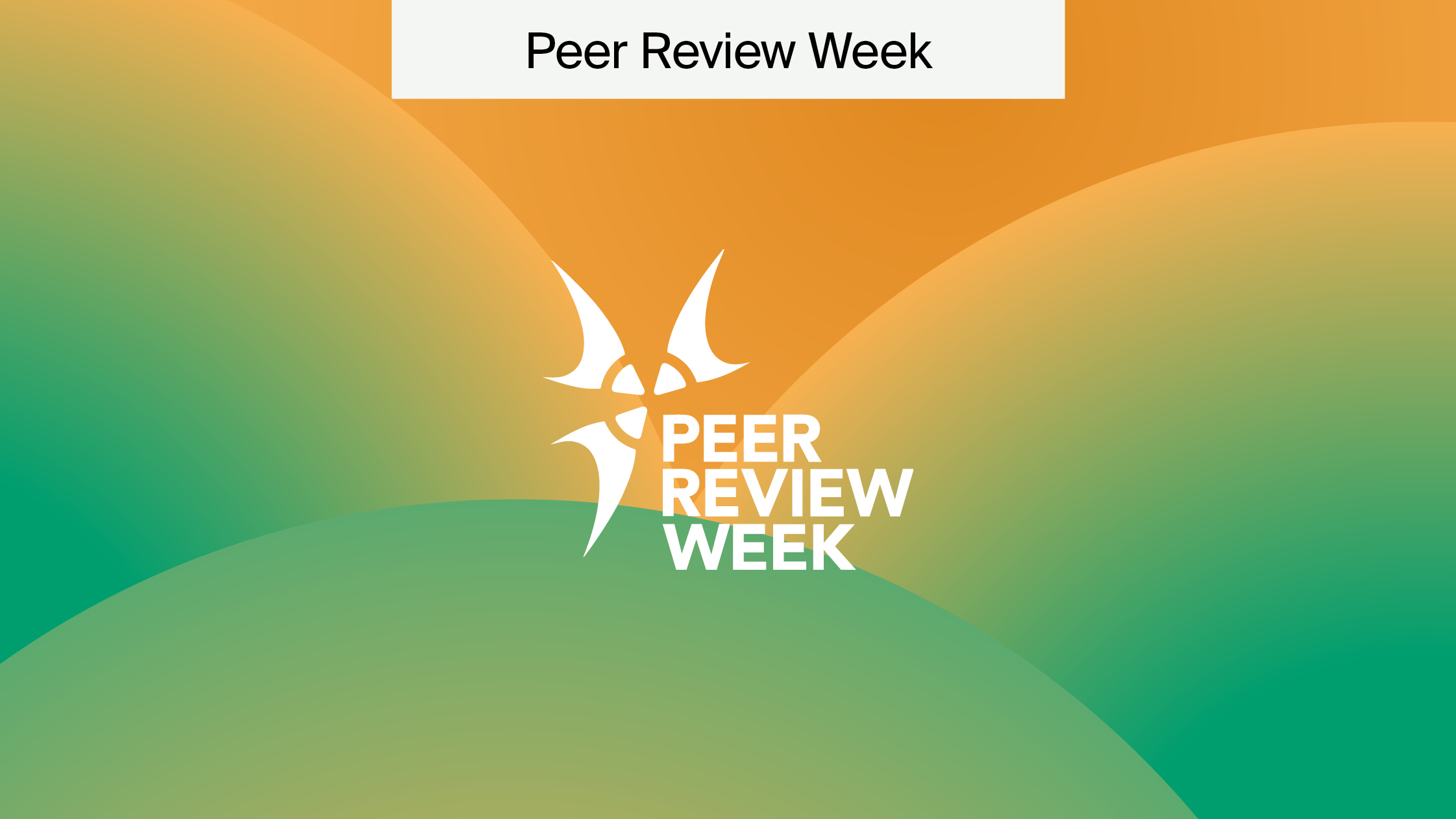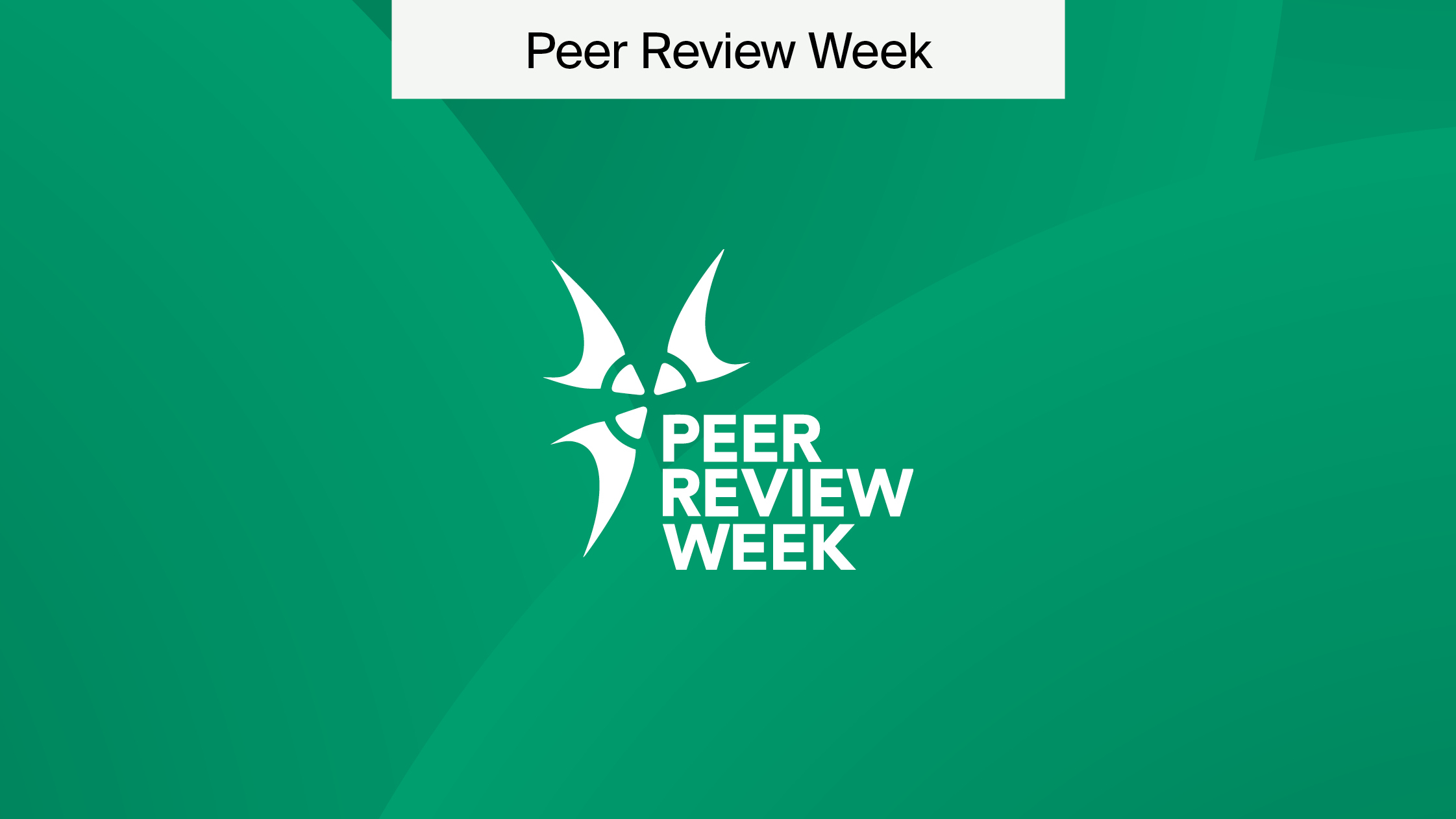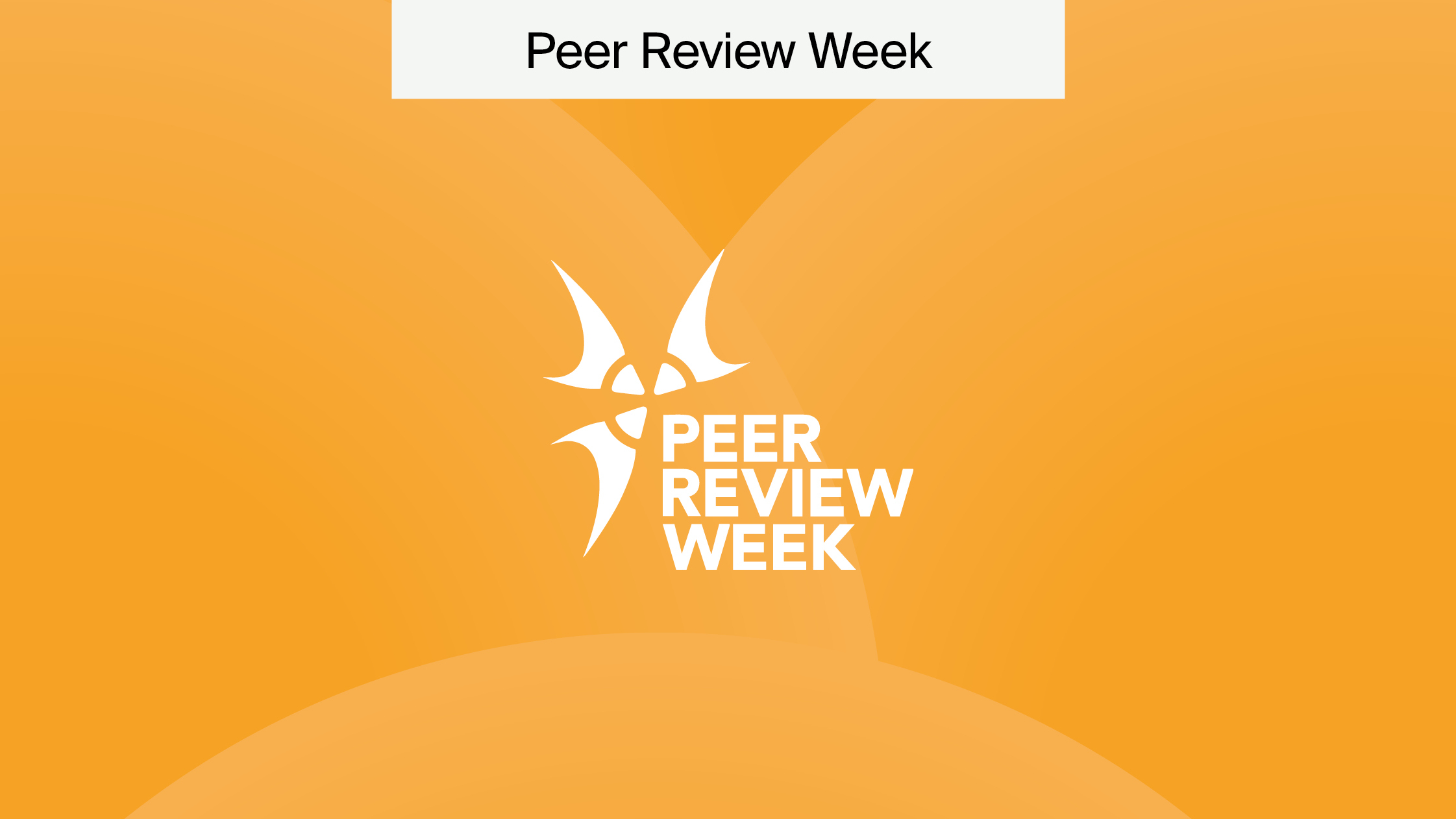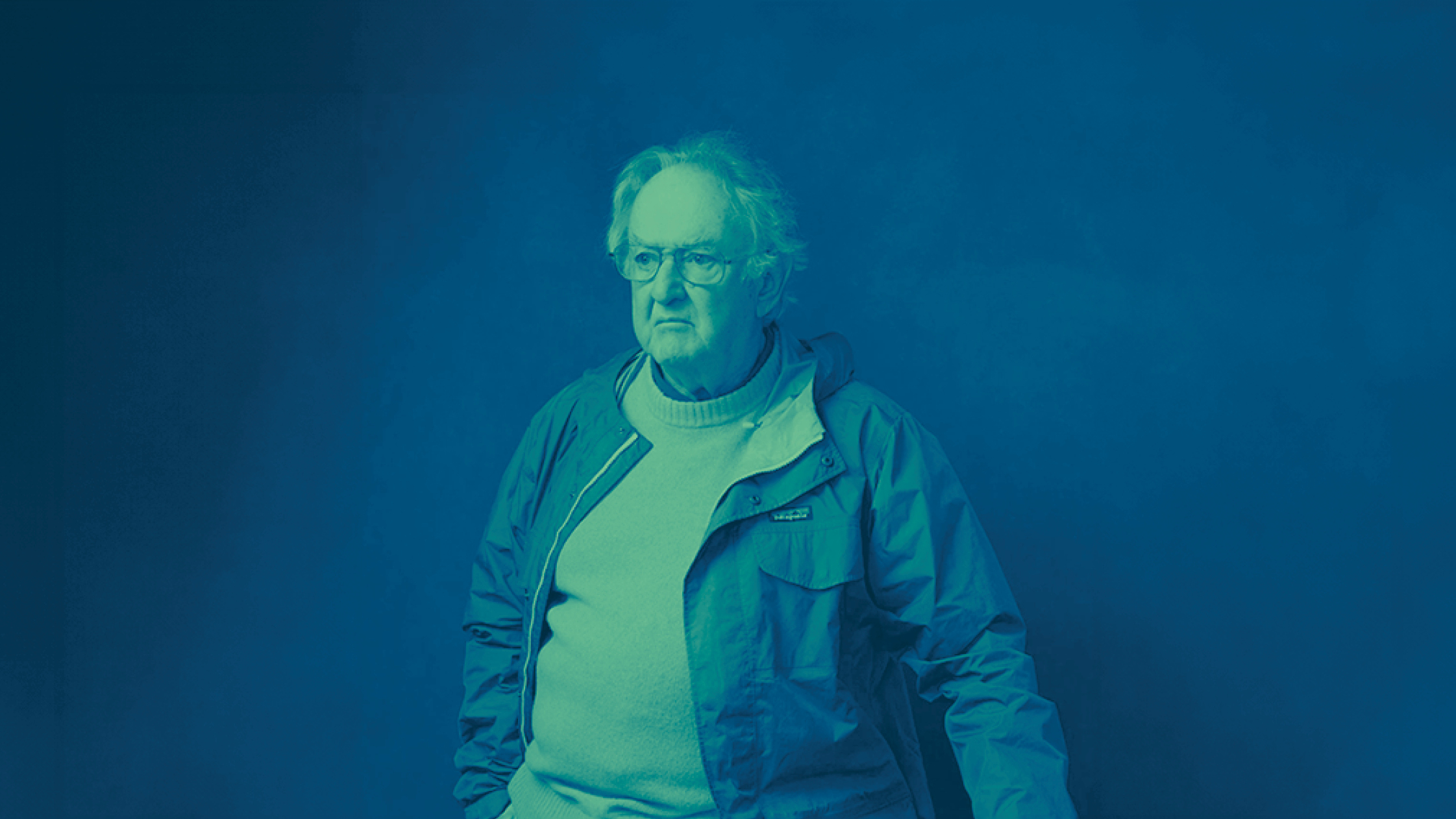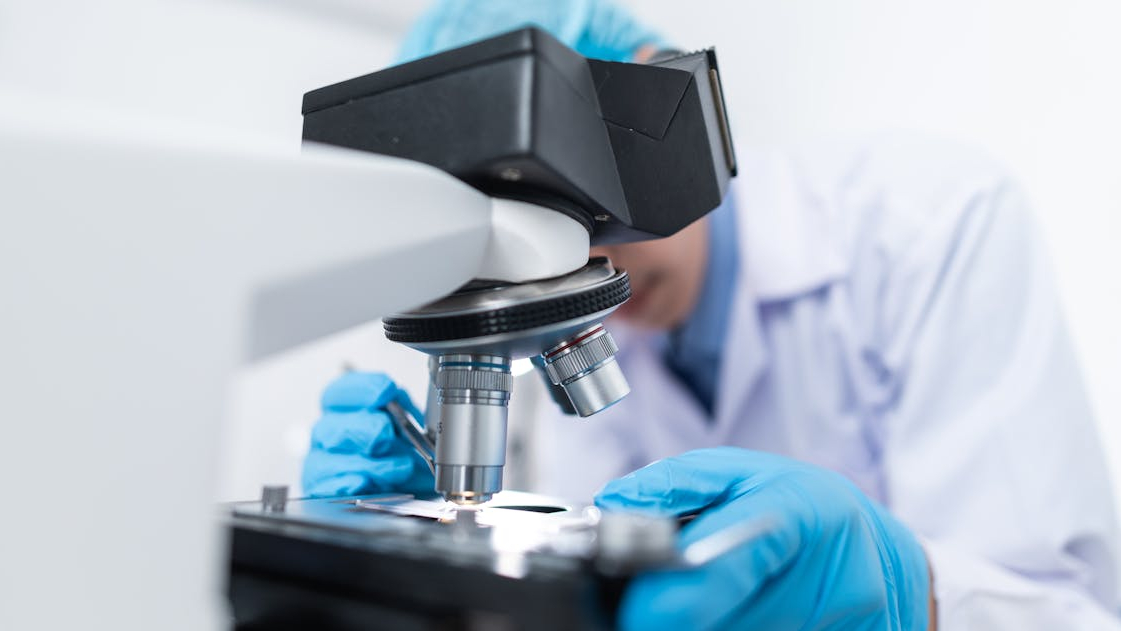
Meet the Team: Students of the Societies and Acquisition Team
MDPI is a leader in Open Access publishing and has over 25 years of experience in the industry. During this time, we have collected a wealth of knowledge in open science that helps us to guide scholars and researchers on their Open Access (OA) journeys. Furthermore, this can range from publishing papers to assisting with launching journals. In addition, there are specific teams that can help to publish OA research. In this series, we explore the Societies team, who support societies in their exploration of OA.
What is the Open Access publishing model?
OA is a model for publishing academic research that allows articles to be freely available to anyone at no cost. This research is commonly free to reuse and reference in academic research.
If you would like to read more about OA publishing, please see our previous articles.
Who are the Societies team?
Society journals are set up and maintained by a specialised team of experts.
The main responsibilities of this team include:
- Establishing new OA journals on behalf of societies and institutions.
- Publishing an existing OA journal with MDPI or transitioning a subscription journal to an OA model.
- Establishing affiliations between societies and MDPI journals.
A wide range of societies collaborate with MDPI societies and partnership teams in various forms; see the Society’s website for the full list of collaborating societies and society journals.
The team is also supported by students who benefit from gaining knowledge about the OA model. If you would like to read more about these services, please see the Societies website.
The students support the wider team by taking responsibility for administrative duties. This includes upkeeping reports and databases as well as collaborating with other departments within MDPI to inspire future potential society collaborations. Furthermore, the students also benefit from this relationship, as they can further develop their skills and plan for their future careers. Students provide an alternative outlook to the team and can provide crucial insight for the company.
“Students bring fresh perspectives to the company, and we are happy to provide them with opportunities to bridge the gap between theoretical knowledge and real-world experience.” – Dr. Carla Aloè, Head of Societies and Acquisition.
In this article, we interview the students of the Societies team, discussing their roles and how working within the team helps to further their studies and careers.

How long have you been at MDPI for?
I started in 2022, so just over 2.5 years.
What is your role within the Societies team?
Together with the other assistants, I am responsible for keeping our databases and reports up to date. Another large task is to support Journal Relations Specialists (JRS) in checking societies for potential collaborations.
Additionally, I respond to external requests regarding acquisitions or takeovers (publishing journals on a society’s/institution’s behalf). I also support preparing the first versions of agreements we have with societies as well as coordinating between different departments if necessary.
What are you currently studying?
I am currently working on my master’s thesis to finalize my MA in Languages and Communication at the University of Basel.
How has working for the Societies team furthered your knowledge of Open Access?
I have learnt about the many benefits of OA, but also the potential challenges that come with it. Some scholars or societies are simply not ready to transition to OA, either due to a long history of publishing in the traditional subscription models or due to a lack of understanding of how OA models exactly work. As part of the Societies team, I also see it as part of our responsibility to further this understanding.
In addition, especially in the humanities, which is the main direction of my studies, I have seen that there is often a lack of funds, which makes it difficult to find high-quality OA articles. However, even throughout the last five years of my studies, I am happy to have witnessed a development towards more OA publications in communications and linguistics.
How will working for the Societies team help to further your career?
My current position has been complementing my studies well. On a day-to-day basis, I have the chance to enhance my communication skills by corresponding with both my colleagues and external customers. Each society has specific needs and expectations, which we need to accommodate as a team, so the learning opportunities keep coming with each new potential collaborator, which I believe also helps my personal flexibility and ability to find solutions.
How long have you been at MDPI for?
I have been working for 9 months.
What is your role within the Societies team?
My role is supporting administrative tasks, as well as my team, to keep up to date with our portals, as well as checking enquiries from Societies interested in publishing with us.
What are you currently studying?
I am currently studying for a master’s degree in business and technology.
What, in your opinion, is the main benefit of working with MDPI for societies?
The main benefit for the societies is that we aim to be as flexible as possible regarding their needs and always ensure alignment regarding these needs whilst supporting open scientific exchange.

How long have you been at MDPI for?
I have been working at MDPI for roughly 6 years.
What is your role within the Societies team?
My tasks as a society assistant are mainly administrative. Together with my colleagues, I ensure that both external and internal records related to society work are kept up to date. I assist the team in setting up agreements and preparing monthly reports, and I also update background systems such as Backend, SuSy, and HRMS. I also help check potential society candidates for approaches—be it takeovers, acquisitions, or affiliations.
What are you currently studying?
I am currently pursuing my bachelor’s degree in psychology at the University of Berne.
What part of the role do you enjoy the most?
Difficult question… I guess I am quite a perfectionistic person, which makes me really enjoy structuring information. Whenever we improve a process—whether it’s internal or external—and thereby make it work more efficiently, I feel a great sense of satisfaction. Seeing the tangible benefits of streamlined workflows and optimized systems brings me joy and motivates me to continue seeking improvements.
How has working within the Societies team developed your understanding of Open Access?
Certainly, our core business at MDPI involves engaging with individual scientists and nurturing these relationships. Beyond that, our strategic efforts to connect with scientific societies amplify our reach and influence within the scholarly community. By collaborating with these societies, we can effectively disseminate our OA philosophy to a broader audience of engaged scholars. This approach not only enhances our visibility but also strengthens the credibility and impact of our OA initiatives. Consequently, building and maintaining these relationships is a crucial aspect of MDPI’s mission to promote OA in the scientific world.
How MDPI supports societies
Students are an important asset to the Societies team, providing support and a fresh outlook on the industry. The guidance and leadership from the senior members of the team encourage their growth and development in the industry, enriching their future careers.
Open science supports the wide dissemination of knowledge and furthers the understanding of science and participation in research. OA has been described as the future of scientific publishing; increasing the visibility of research only enhances its potential and inspires future innovation.
MDPI are proud leaders in the OA industry and have vast knowledge and expertise in publishing in this model. Furthermore, the leads and team as a whole support a range of societies in their OA publishing journey, and they aim to encourage further development of the Open Science movement.
If you enjoyed this article, please see our previous article in this series, Meet the Team: Societies Leadership.
Or if you would like to learn more about the services that they provide, please see here.





